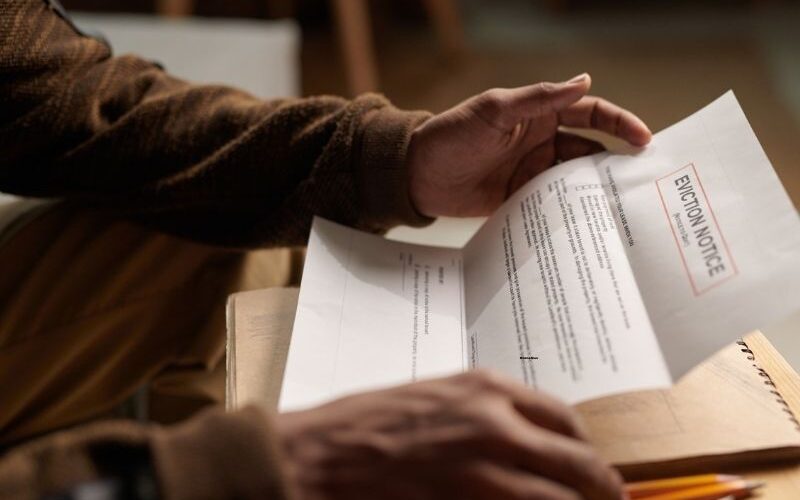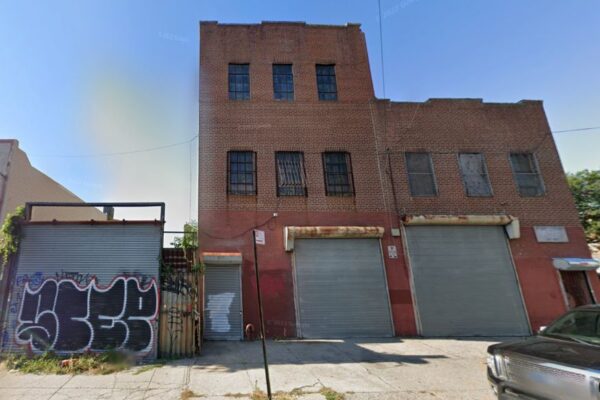News Distributed by NYC Newswire
Pandemic Fallout and Escalating Evictions
In the aftermath of the pandemic eviction moratorium, eviction rates across Permanent Affordability Commitment Together (PACT) developments surged, now aligning more closely with private rental housing rates than with traditional New York City Housing Authority (NYCHA) properties. A recent audit by NYC Comptroller Brad Lander, guided by recommendations from the NYCHA Resident Audit Committee, highlights significant discrepancies in eviction filings and outcomes among PACT managers, raising concerns about tenant protections.
NYCHA’s Oversight Comes Under Fire
The audit exposes NYCHA’s failure to ensure that PACT property managers adhered to standardized operating procedures for pre-eviction outreach and tenant protections. Without uniform guidelines, eviction rates and procedures varied widely across PACT developments. For example, some managers, like C+C Management, recorded eviction rates almost double the citywide average.
NYCHA’s current Housing Stability and Retention Guidelines lack specifics, including non-payment thresholds to trigger rent demands, leaving each property manager to set their own parameters. This inconsistency has led to uneven enforcement of eviction protocols, insufficient outreach efforts, and inadequate use of resources like financial assistance programs or repayment plans.
This was one of the concerns prior to RAD and PACT taking over NYCHA properties, when community members were fighting against privatization.

photo credit: NYC Housing Authority
The Role of the NYCHA Resident Audit Committee
The audit was initiated at the request of Comptroller Lander’s NYCHA Resident Audit Committee, which was formed to amplify resident voices in NYCHA’s oversight process. Through roundtables, surveys of over 1,000 residents, and the committee’s first-ever resident-led recommendations, the audit addressed pressing concerns about eviction rates and tenant experiences.
“This audit provides essential information for NYCHA residents as they navigate critical decisions about their housing future,” Comptroller Lander stated. “From massive repair backlogs to the need for comprehensive modernization, residents deserve transparency and options. This audit is a step toward ensuring that residents are empowered with the information they need to make informed choices.”
Federal Disinvestment and the Rise of PACT
Federal underfunding has left NYCHA with a staggering $80 billion in capital repair needs. Programs like PACT, derived from HUD’s Rental Assistance Demonstration (RAD) initiative, were designed to attract new funding for rehabilitation by converting public housing subsidies to Housing Choice Voucher (Section 8) programs. However, this transition has sparked debate about tenant protections and long-term affordability.
As of FY2024, NYCHA has converted 87 developments, housing over 41,000 residents, to PACT. The goal is to convert 62,000 units by 2028. Another pathway, the Public Housing Preservation Trust, offers rehabilitation for up to 25,000 units but requires resident approval—a contrast to PACT, which does not mandate formal voting for conversion.
Recommendations for Reform
The audit urged NYCHA to enhance its oversight by:
- Standardizing eviction protocols across all PACT managers.
- Tracking performance metrics for compliance with tenant protection guidelines.
- Improving transparency and accuracy in eviction reporting.
- Strengthening outreach to connect residents with financial and social services.
Auditors acknowledged recent improvements, including the creation of Resident Review Committees and NYCHA’s expanded engagement efforts with PACT participants. However, significant gaps in execution and accountability remain.
Empowering Residents Amid Uncertain Futures
As NYCHA navigates its dual pathways of PACT and the Preservation Trust, residents face critical decisions about their housing futures. This audit aims to equip them with the necessary insights to advocate for stronger protections and better living conditions.


















Leave a Reply